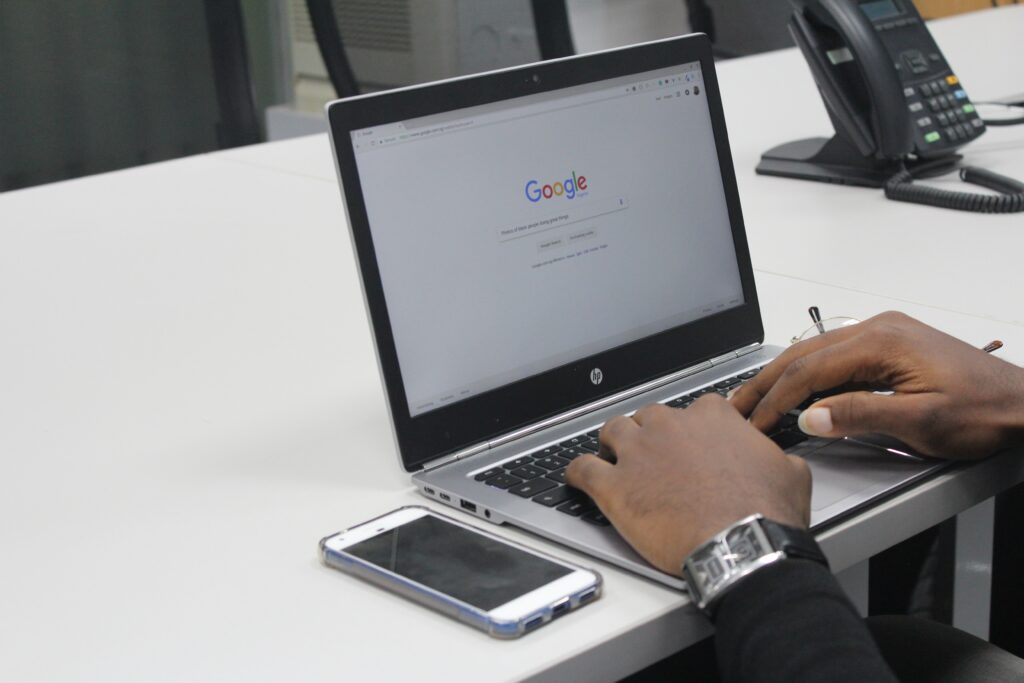Some Black college students from Google’s 2017 Howard West program have criticized the company for broken promises, culture clashes, and disorganization, according to NBC.
The students shared that they experienced microaggressions on Google’s campus including employees staring and frequently checking their badges. Others were asked if they belonged there and one student was mistaken as a member of the kitchen staff.
“It was like nobody had seen an African American person before,” said Saraah Cooper, a 2018-19 participant.
Lauren Clayton, the only Black woman in 2017 to score the coveted Google internship, enjoyed the program, but joins other participants in their criticism of Google’s program. Many believe that the tech giant focused on their needs rather than the needs of the students.
Daniel Erhabor, a 2018-19 international student from Nigeria, said the experience with Google gave him “false hope” of his chances after the internship. Without receiving a full-time offer from jobs with other companies after his failed interview with Google, he returned to Nigeria.
“I was hoping to get a job in tech and I wish the practice interviews were more on par with the actual job interviews because it wouldn’t have given me that false sense of hope that I was actually doing okay,” Erhabor said.
CNBC reported that Google never described the program as a job placement initiative, but instead, a “pipeline” program. It was one of many initiatives the tech industries implemented in order to improve diversity and inclusivity in the workforce. Google’s current workforce representation is 3.7 percent Black, a small rise from 2.4 percent in 2014, according to their annual diversity report.
“Howard West will produce hundreds of industry-ready Black computer science graduates, future leaders with the power to transform the global technology space into a stronger, more accurate reflection of the world around us,” said Dr. Wayne A. I. Frederick, president of Howard University in 2017.
Since its inception in 2017, program leaders expected that more than 700 students would gain experience within five years at Google’s main headquarters in Silicon Valley. The company has hosted less than 200 students. Participants in the program between 2017 and 2020 have had mixed reviews, noting the good intentions of the initiative which was subsequently tarnished by mediocre execution and disorganization.
“It left a bad taste in my mouth because the person who was overlooking the program was making promises, and when it’s financial and you’re in school, you don’t know how you’re going to graduate,” Clayton said.
A Google spokesperson emailed a statement to NBC in defense of the program while also acknowledging that there’s more work to be done.
″Ninety-five percent of students in our most recent class rated their overall Tech Exchange experience as positive. We’re pleased that students recognize the value of this first-of-its-kind initiative, and we know there’s always more work to be done. We met with HBCUs last month to discuss more ways to collaborate and deepen our partnership, including a continued focus on initiatives like this. It’s so important to get this right.”
Story: Ashley Terrell/thegrio
Photo Credit: Benjamin Dada/Unsplash

